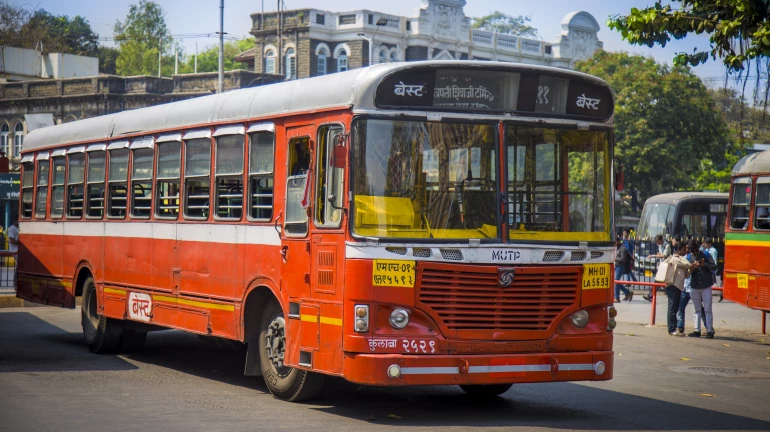
Mumbai’s Brihanmumbai Electric Supply and Transport (BEST) undertaking has revised its driver training protocol following a fatal accident involving an electric bus in Kurla West on December 9 last year. The accident, which resulted in the loss of nine lives, led to the introduction of new training measures aimed at improving driver competence and ensuring passenger safety.
Under the updated guidelines, all drivers, including those directly employed by BEST as well as those provided by wet lease operators, will now be required to complete an extensive 21-day training program. Additionally, those responsible for operating electric buses will undergo six extra days of hands-on training, followed by a mandatory driving test. The implementation of these modules has been scheduled for February, pending approval from the state government of a report submitted by BEST regarding the accident.
A set of recommendations has been included in the report to enhance the overall efficiency of BEST’s operations. It has been acknowledged by officials that the previous three-day training module had been widely criticized, prompting a more comprehensive approach. Discussions have also been initiated with wet lease operators to ensure that their drivers meet the required training standards. The new 21-day training course has been structured to include both theoretical and practical components. The theoretical segment, which will last for six to ten days, has been designed to cover essential topics such as organizational policies, passenger etiquette, defensive driving techniques, blind spot identification, fuel conservation strategies, and meditation for stress management. Educational videos and presentations on road safety and cleanliness will also be incorporated into the sessions.
For the remaining duration, practical, on-road training will be conducted using five buses specifically designated for instructional purposes. The training sessions will be held primarily at various BEST depots across Mumbai to ensure easy access for drivers. Furthermore, wet lease operators have been instructed to provide an additional six to seven days of training for electric bus drivers. Since a dedicated electric bus for training purposes has not yet been procured by BEST, this responsibility has been temporarily assigned to the wet lease operators. The additional training has been made mandatory to ensure that e-bus drivers are adequately prepared.
Despite these measures, concerns have been raised by wet lease operators, particularly regarding the financial burden of training expenses. It has been reported that training fees per driver have significantly increased from the earlier ₹300-500 range to a few thousand rupees. Additionally, challenges have been noted in training wet lease drivers, as many of them, despite holding heavy vehicle licenses, lack prior experience in operating buses, having primarily driven trucks, tempos, or multi-axle vehicles. To further enhance safety and operational efficiency, the duration of refresher courses—previously conducted every 18 months—has also been extended. These efforts have been undertaken as part of a broader initiative to improve driver competency and prevent similar accidents in the future.





